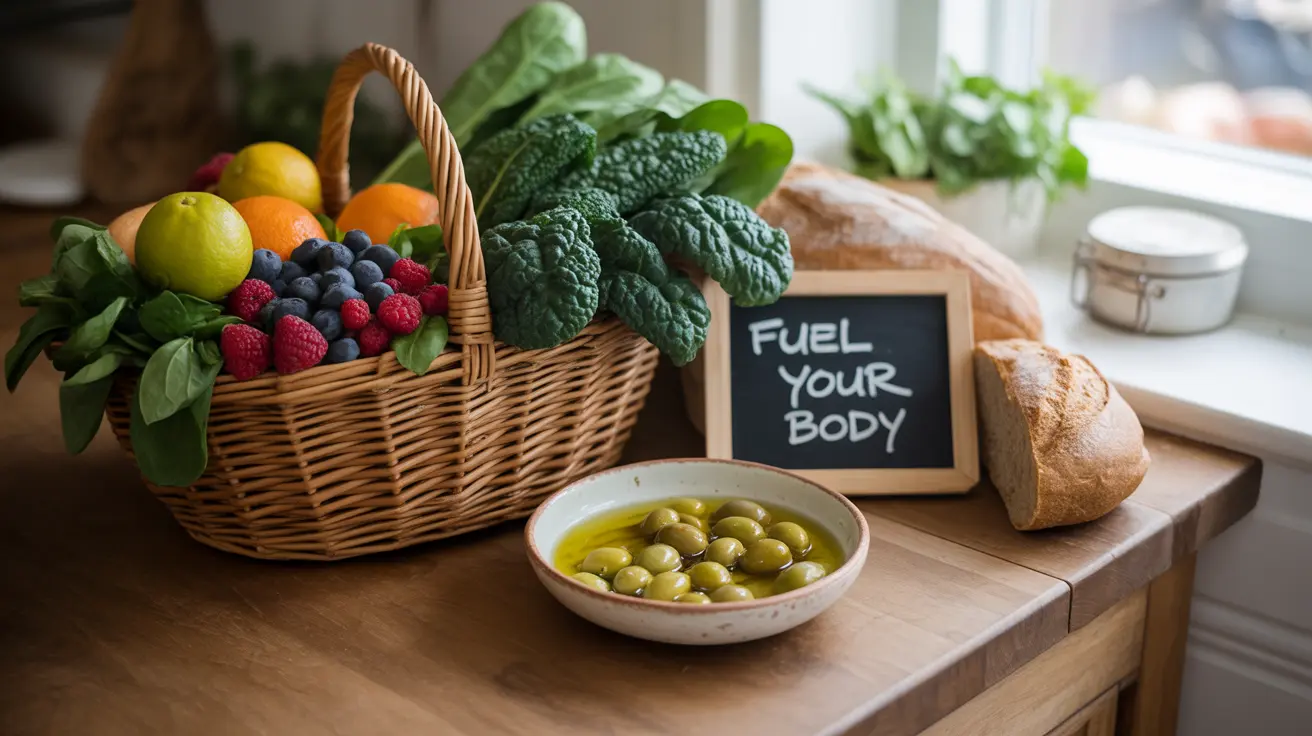Managing high cholesterol through diet is one of the most effective natural approaches to improving your heart health. The right dietary choices can significantly impact your cholesterol levels, helping to lower LDL (bad) cholesterol while maintaining or increasing HDL (good) cholesterol.
Understanding which diets work best for cholesterol management can be confusing with so many options available. Let's explore the most effective dietary approaches backed by scientific research and recommended by healthcare professionals.
The Mediterranean Diet: A Heart-Healthy Champion
The Mediterranean diet stands out as one of the most thoroughly researched and effective dietary patterns for managing cholesterol levels. This eating plan emphasizes:
- Olive oil as the primary fat source
- Abundant fruits and vegetables
- Whole grains and legumes
- Fish and seafood
- Limited red meat consumption
- Moderate wine consumption (optional)
Research shows that the Mediterranean diet's combination of healthy fats, fiber, and antioxidants helps reduce LDL cholesterol while increasing beneficial HDL cholesterol levels. The diet's anti-inflammatory properties also support overall cardiovascular health.
Plant-Based and Vegan Diets for Cholesterol Management
Plant-based diets have shown remarkable effectiveness in lowering cholesterol levels. These diets are naturally:
- Low in saturated fats
- High in soluble fiber
- Rich in plant sterols
- Free from dietary cholesterol
A well-planned vegan or plant-based diet can reduce LDL cholesterol by up to 25-30% in some cases, comparable to results achieved with statin medications.
Foods to Embrace for Better Cholesterol
Certain foods are particularly effective at improving cholesterol profiles:
- Oats and barley (rich in beta-glucan)
- Fatty fish (salmon, mackerel, sardines)
- Nuts and seeds (especially almonds and flaxseeds)
- Avocados
- Legumes and beans
- Leafy green vegetables
Foods to Limit or Avoid
To effectively manage cholesterol levels, minimize consumption of:
- Processed meats
- Full-fat dairy products
- Fried foods
- Trans fats
- Added sugars
- Refined carbohydrates
Why Low-Carb High-Fat Diets May Not Be Ideal
While popular, ketogenic and Atkins diets often emphasize foods high in saturated fats, which can raise LDL cholesterol levels. These diets may be particularly problematic for individuals already managing high cholesterol.
Frequently Asked Questions
What are the best diets recommended for lowering high cholesterol naturally? The Mediterranean diet, DASH diet, and plant-based diets are most effective for naturally lowering cholesterol. These diets emphasize whole foods, healthy fats, and plenty of fiber-rich foods while limiting saturated fats and processed foods.
Which foods should I eat or avoid to reduce LDL (bad) cholesterol? Eat more fiber-rich foods like oats, beans, and vegetables, along with healthy fats from sources like olive oil and avocados. Avoid trans fats, processed meats, full-fat dairy, and foods high in saturated fats.
How does the Mediterranean diet help improve cholesterol levels? The Mediterranean diet helps improve cholesterol through its emphasis on healthy fats, particularly olive oil, abundant fiber from whole grains and vegetables, and limited processed foods and red meat. These components work together to lower LDL cholesterol while maintaining healthy HDL levels.
Can a plant-based or vegan diet effectively lower high cholesterol? Yes, plant-based and vegan diets can effectively lower cholesterol by eliminating dietary cholesterol and saturated fats while providing high levels of fiber and plant sterols that naturally help reduce cholesterol absorption.
Why are keto and Atkins diets not recommended for people with high cholesterol? These diets typically include high amounts of saturated fats from animal products, which can raise LDL cholesterol levels. Their focus on fat-rich foods and limited fiber intake may negatively impact overall cholesterol profiles.




